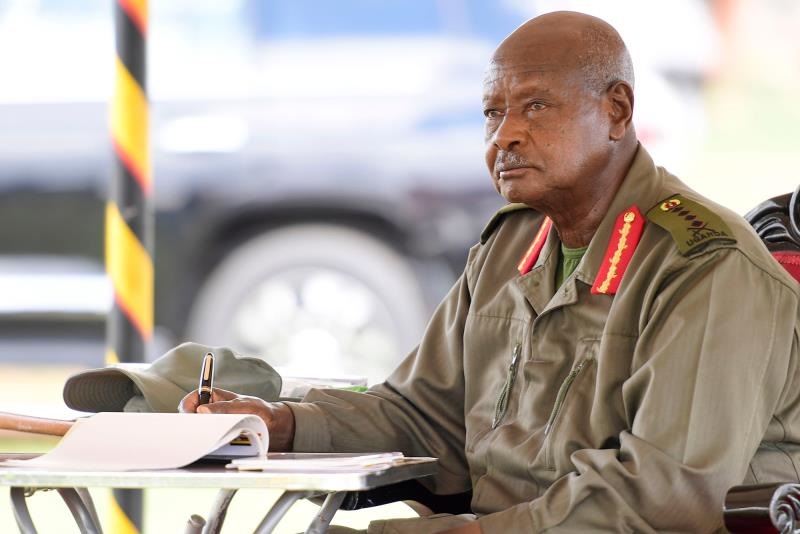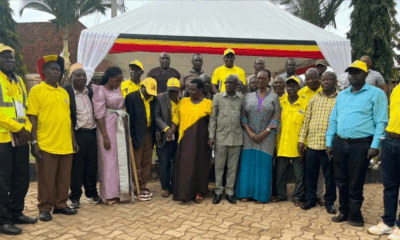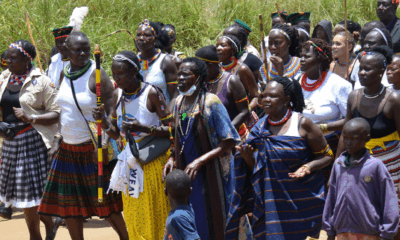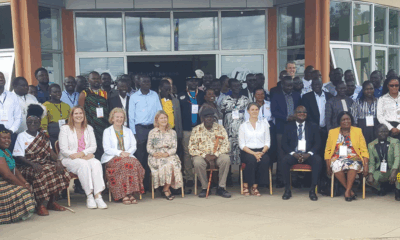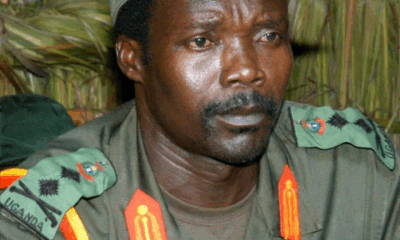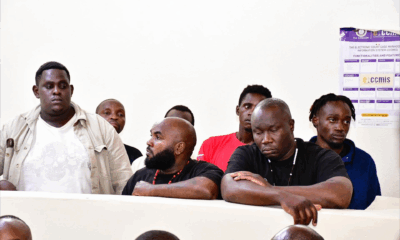Law
Civilian Military Trials Return as President Gen Museveni Signs UPDF Act
President Yoweri Museveni has assented to the highly contentious Uganda Peoples’ Defence Forces (Amendment) Act, 2025, a move that re-empowers military courts to try civilians and has ignited widespread criticism from opposition lawmakers and civil society organizations.
Parliament announced the President’s assent to the bill on its official X (formerly Twitter) account on Monday, alongside screenshots of the signed act. The legislation, which passed through Parliament in May with the numerical strength of the ruling National Resistance Movement (NRM), effectively reverses a landmark Supreme Court ruling that had previously declared the trial of civilians in military courts unconstitutional.
The new Act introduces significant reforms to Uganda’s military justice system. It overhauls health services for armed forces personnel and streamlines the management of veterans’ affairs. Notably, Section 117A establishes “Schedule B,” which designates military stores like ceremonial shoes for officers and soldiers as exclusive preserves of the Defence Forces. Furthermore, Section 83 introduces “Schedule 7A,” classifying pistols and other weapons as restricted items under the military’s monopoly.
To enhance professionalization, the Act creates a Directorate of Military Prosecutions. The director must be a serving member of the Defence Forces, holding a rank not below Colonel, and possess the qualifications required for appointment as a High Court judge.
The legislation also meticulously outlines an appellate structure for military court decisions, progressing from the Unit Court Martial to the Division Court Martial, then to the General Court Martial, followed by the Court of Appeal, and ultimately, the Supreme Court.7 Section 202C mandates that members of courts martial must be independent and impartial in their judicial functions and explicitly states they are not subject to command. Additionally, the chairperson of a unit court-martial is now required to hold a Bachelor of Laws degree and a postgraduate diploma in legal practice.
This legislative action is widely perceived as a direct response to the Supreme Court’s ruling in Attorney General vs. Hon. Michael A. Kabaziguruka, a constitutional appeal that had explicitly found the trial of civilians in military courts under the previous UPDF Act unconstitutional.
However, the new law faces fierce opposition. Opposition Members of Parliament have vowed to challenge the Act in court, accusing the government of contempt of the Supreme Court’s directive and failing to conduct adequate public consultations during its passage.10 Civil society actors have echoed these sentiments, having actively participated in the efforts that led to the earlier court ruling against trying civilians in military courts.
President Museveni, while addressing residents from the Greater Luwero District, lauded the MPs for passing the law. He asserted that the Act is crucial for curbing the misuse of military equipment and effectively combating armed criminality.
“There was going to be a serious problem,” Museveni stated. “Some people were saying that if a soldier commits crimes such as murder, theft, or rape, they should be taken to sub-county (civilian) courts instead of court martial. Those who were involved have to repent. There was going to be a serious collision between the army, Parliament, and the courts of law, but they have saved us from embarrassment.”
As the Act comes into force, a legal showdown appears imminent, with a renewed focus on the delicate balance between national security and constitutional rights in Uganda.
Comments



